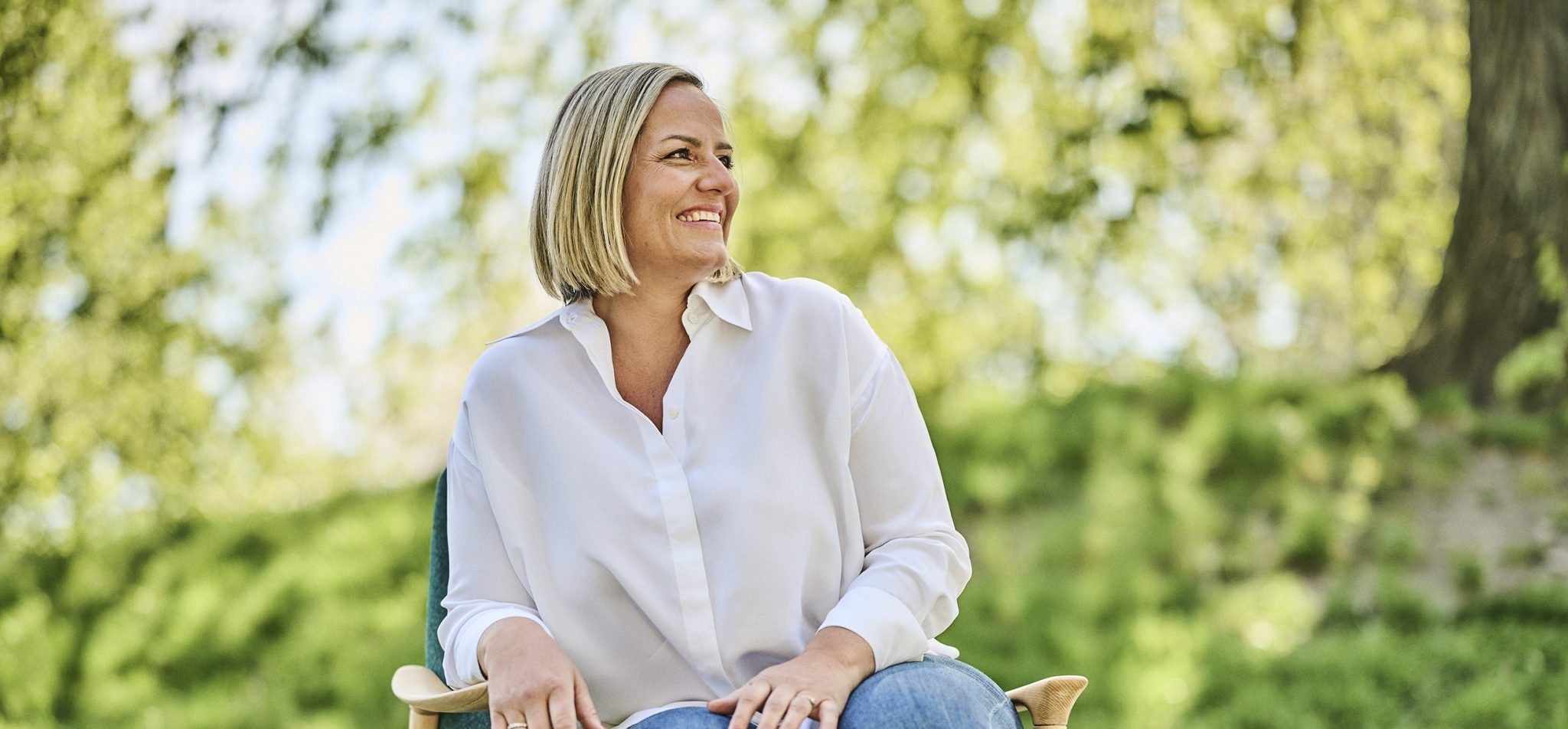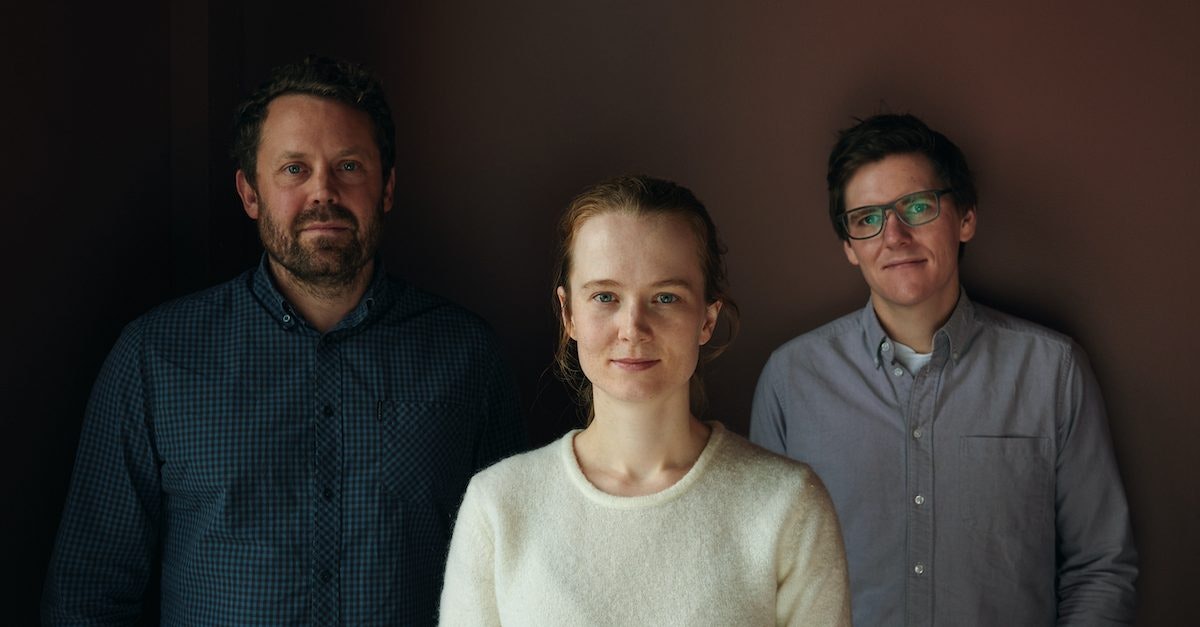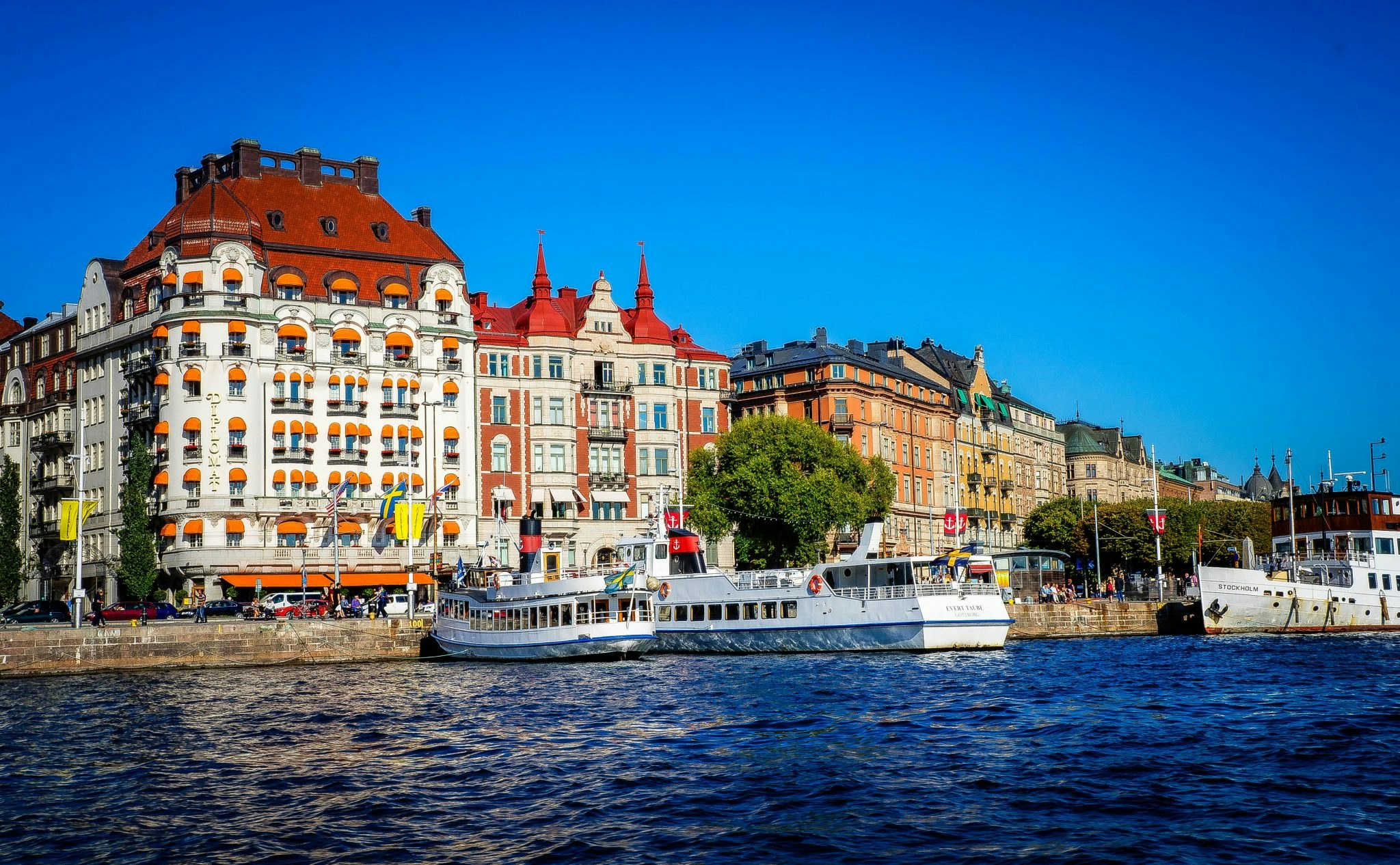The Nordics have given us some of Europe’s most successful startups and with record-breaking funding spells and some of the largest rounds in Europe in 2021, its bustling tech ecosystem is one of the most active in the continent, valued at $2.6bn in Q3 this year.
Impact is an integral part of this — Nordic impact startups raised a record-breaking $5.5bn in 2021. Of the 59 unicorns that the Nordics have produced, seven are impact unicorns, and all of them emerged in the last three years.
But has the tech downturn taken a toll on investing in the Nordics? Where is the startup ecosystem heading and what can we expect from impact investing?
The Nordics and impact
Impact investing is a core part of VC investments in the Nordics — making up for about 25% of all VC investments in 2021 and the first half of 2022. A big chunk of this was raised by Swedish battery startup Northvolt, which raised $2.75bn in 2021.
Norway is a fantastic testbed for international companies to come into the Nordics because we have a long history of traditional industries, particularly in energy and energy transition
While Sweden maintained a strong position in 2021, Norway also reported high growth and welcomed its first three unicorns in 2021 — Cognite, Oda and Gelato — and Dune Analytics and Remarkable in 2022. Around half of the country’s funding came from six rounds over $100mn, in line with previous years’ trends.
“Norway is a fantastic testbed for international companies to come into the Nordics because we have a long history of traditional industries in Norway, particularly in energy and energy transition,” says Erik Syvertsen, CEO of Norselab, an impact investment platform based in Norway.
“There's lots of new startups and they're being supported, incentivised and encouraged,” he adds. “And that means that for us, as investors, there's a huge ecosystem to tap into.”
The resilience of impact
According to research by BlackRock, impact has proven to be resilient to macroeconomic uncertainties with its performance in previous downturns such as in 2015-16, 2018 and 2020. This resilience can be linked to factors which are also a company’s sustainability characteristics including job satisfaction of employees, the strength of customer relations and the effectiveness of the company’s board.
If we don't fix the planet, nothing else exists — nothing else matters
“There is resilience because the social and environmental problems that we're facing, they cannot wait, and especially when it comes to things like climate change, it will still continue to attract investment even during challenging economic times,” says John Lloyd, a UK-based impact investor. “If we don't fix the planet, nothing else exists — nothing else matters.”
Michaela Edwards, a partner at Capricorn Investment Group, a US-based impact investment firm, agrees. “Demand from investors for impact continues to grow in the downturn,” she says. “If we're going to tackle the climate crisis, we need all hands on deck — these short-term blips and changes in stock prices really shouldn't dissuade us as investors from the long-term view in mind.”
The window of opportunity for investors
But while the Nordics are increasingly focused on impact, hurdles remain — including the availability of capital.
The Nordics produce great impact businesses and lead the world in sustainability, but there is a lack of deep pockets of capital
“The Nordics produce great impact businesses and lead the world in sustainability, but there is a lack of deep pockets of capital and the opportunity is not visible enough to investors — especially those based in places like the UK or the US,” says Lloyd.
There is a $4bn local funding gap between total investments in Nordic impact startups since 2015 and the total new Nordic impact funds raised since 2015 that impact investors such as Norselab and Capricorn are now trying to bridge.
“We saw there was a huge capital gap in funding growth,” says Syvertsen on why Norselab focuses on startups at the growth stage of their journey. “Once a company takes off, you need growth, which is in turn needed to scale and you need growth capital. So we decided that our place in the ecosystem should be in the middle, rather than at the very early stage, at seed.”
Edwards adds that there are also funding sources like pension funds and insurance companies that sit on large pools of capital that “haven’t been as activated as they could be in this space”.“There's limited exposure to earlier-stage investing around venture and I would love to see the big stakeholders in these markets activate their pools of capital to back the innovation that is happening in their local markets — to back their local companies,” she says.
Impact = profit?
Syvertsen says that it’s important for investors to be aware that impact and profits or returns are not mutually exclusive.
“I think the investing public and the allocators are now seeing that you can drive impact and change while also driving profits. And that is a clear change from just five years ago,” he says.
What has happened for all these decades is that we put profits over everything else. And that got us in this mess
He adds that there is a strong correlation between how much more a company sells or the product or services they provide and impact. “So impact needs to be related to the product — higher the revenue, higher the impact.”
While picking portfolio impact startups, Edwards says that at Capricorn, they think about impact in four dimensions — intensity of impact, innovation of impact, the scale of impact and additionality. “Not all investments will have equal amounts of those four characteristics, but they need to have a minimum of three across the four,” she says.
“What has happened for all these decades is that we put profits over everything else. And that got us in this mess. So I believe doing the same now won't solve anything — it will only further exacerbate the problem,” says Lloyd.
Edwards adds that the challenges of definitions, measurement and reporting are hindering the growth of impact investing in the Nordics and is an area that requires more work.
“There's a bit of a myth that impact is not investment — that it’s something else. But all investments have an impact,” she says. “It’s just what impact you intend to have — whether it's perpetuating the status quo or a negative impact, and hopefully it’ll be an intentional positive impact.”
The path forward for investing — and for impact
While Europe is currently facing a tech downturn, the biggest wealth transfer is predicted to take place in the next 20 years from the baby boomers to millennials and Gen Z.
We observe that the next generation increasingly is looking for purpose — they're looking for impact
“That's going to be huge for impact because we're seeing the new generation being highly geared towards aligning their values with their investment portfolios,” says Edwards.
This transfer of wealth is also likely to drive further growth of impact in the Nordics. “There's a tremendous amount of wealth being handed down from one generation to another. And we observe that the next generation increasingly is looking for purpose — they're looking for impact,” Syvertsen says.
Edwards adds that the future of impact investing in the Nordics is highly promising and that the downturn is also the best opportunity for new impact companies to enter the market as it drives innovation and “potentially higher returns as you are operating or adding capital when everybody else is retracting”.
“So keeping the long-term vision in mind, impact companies starting out in the downturn could really benefit from going against the herd,” she says.



